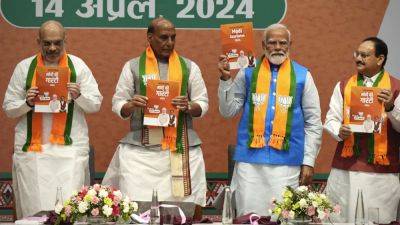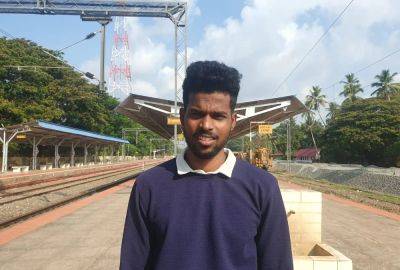How the Indian opposition’s Modi obsession is hurting the country
27:28
Why India’s Citizenship Amendment Act (CAA) is so controversial
A vibrant opposition is indispensable for the vitality of any democracy, serving as a crucial check on power and championing democratic values such as accountability and transparency. Recognising this imperative, 26 opposition parties – including Congress – have forged a united front known as the Indian National Development Inclusive Alliance. However, the lack of a charismatic leader capable of confronting Modi and the BJP poses a significant obstacle.
Furthermore, a robust opposition acts as a bulwark against authoritarian tendencies and the concentration of power. In democratic systems where checks and balances are enshrined in constitutional frameworks, the opposition plays a pivotal role in upholding the separation of powers and thwarting executive overreach.
The resilience of Indian democracy hinges on the presence of a vigorous opposition capable of holding the government accountable and amplifying diverse voices. Cultivating an environment conducive to oppositional politics is imperative for safeguarding democratic principles and forestalling the erosion of democratic norms in India.
Unfortunately, the opposition’s focus on targeting Modi, rather than presenting a coherent alternative economic agenda, has hindered its ability to offer a viable alternative.
K.S. Venkatachalam is an independent writer based in Bengaluru, India







